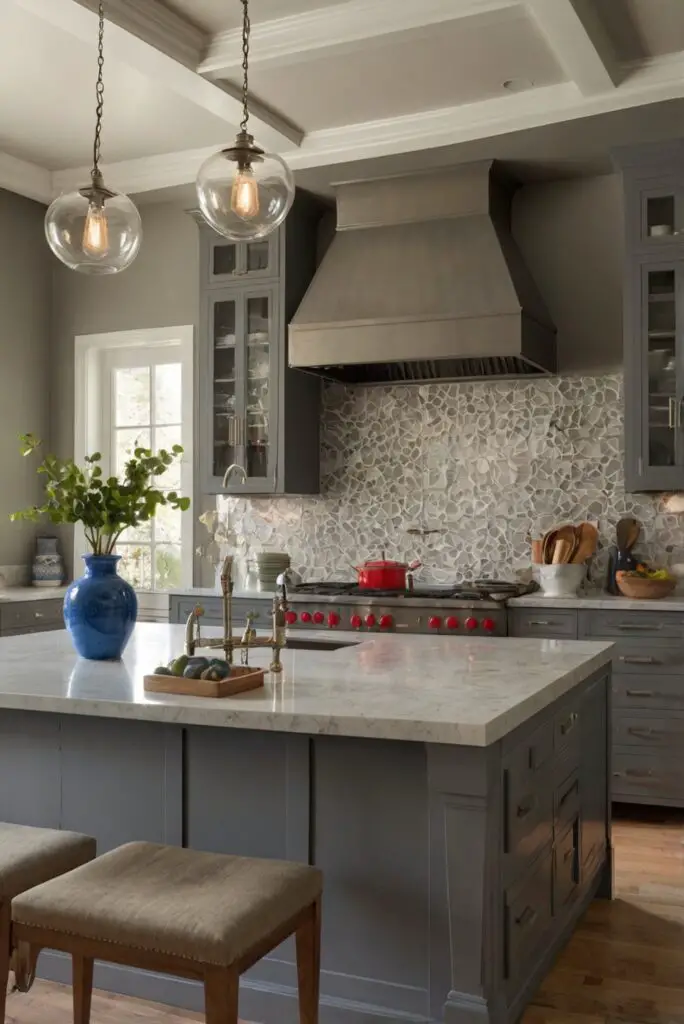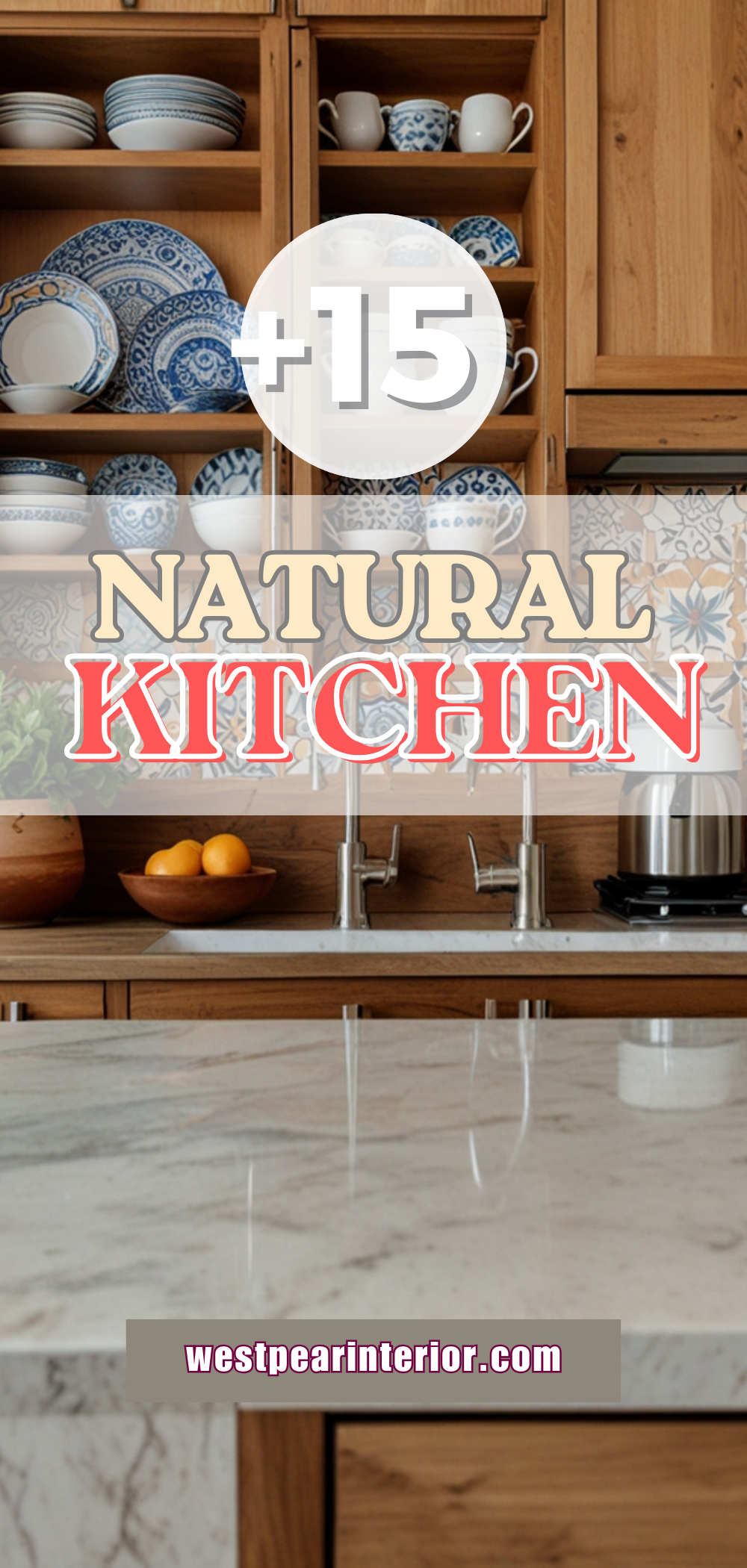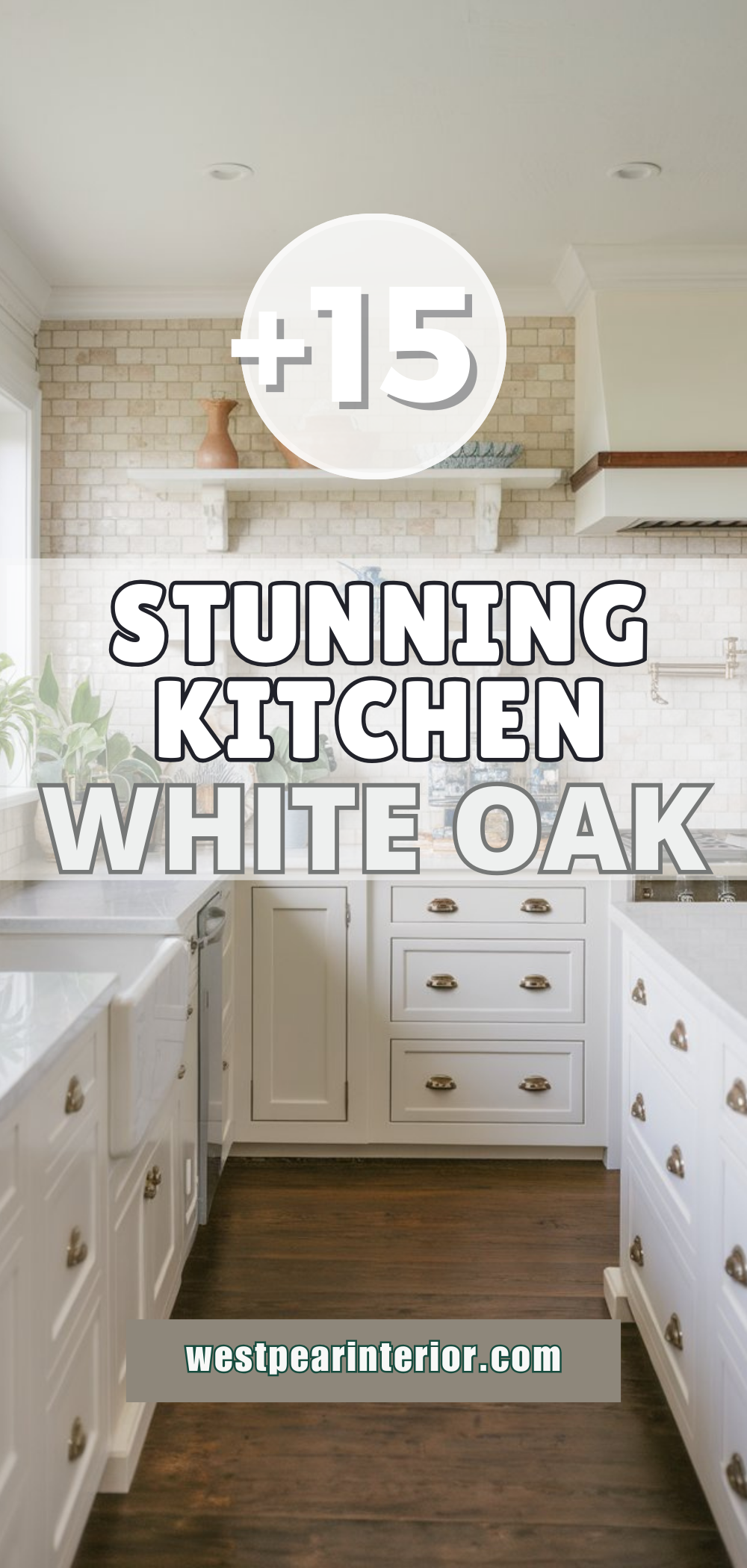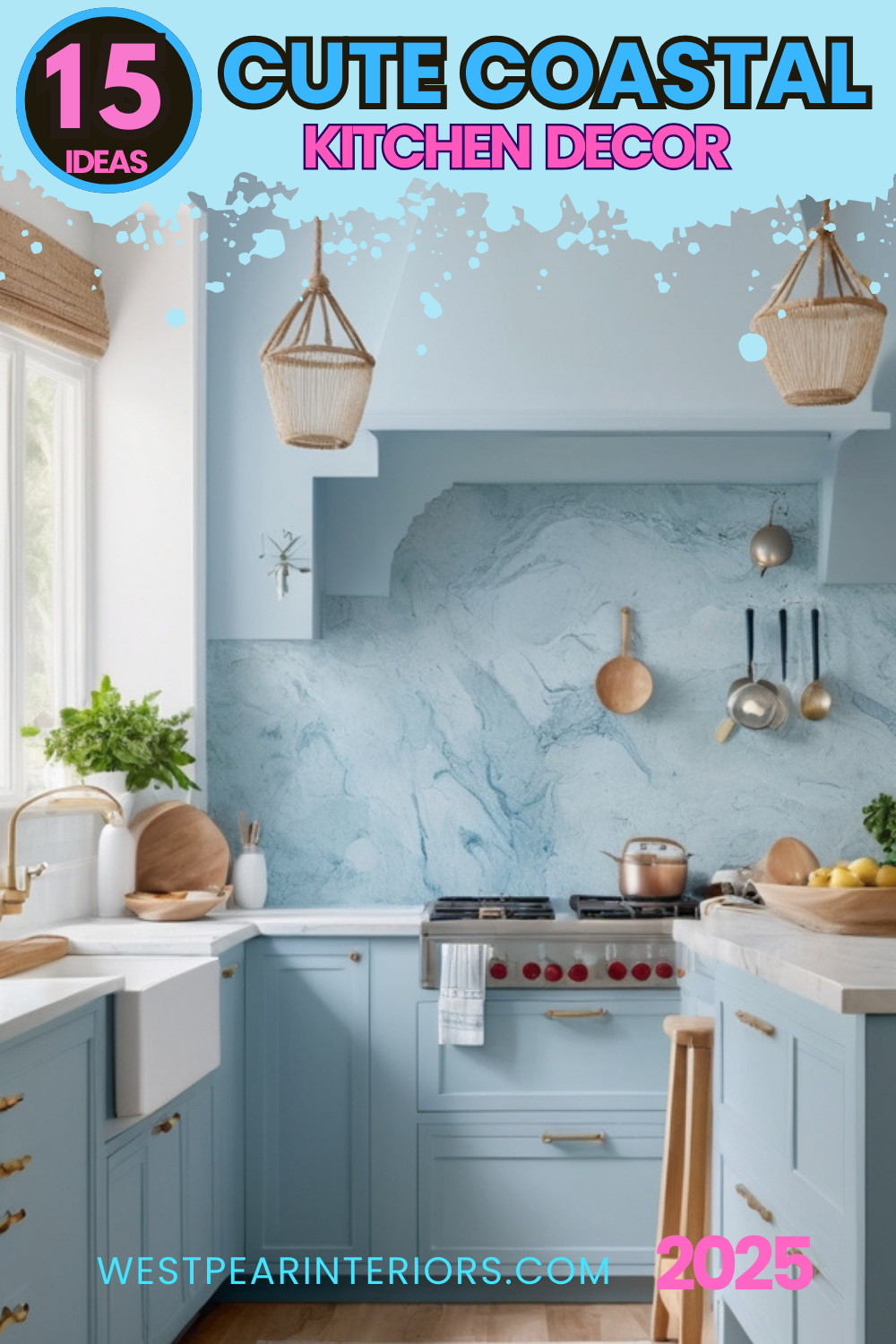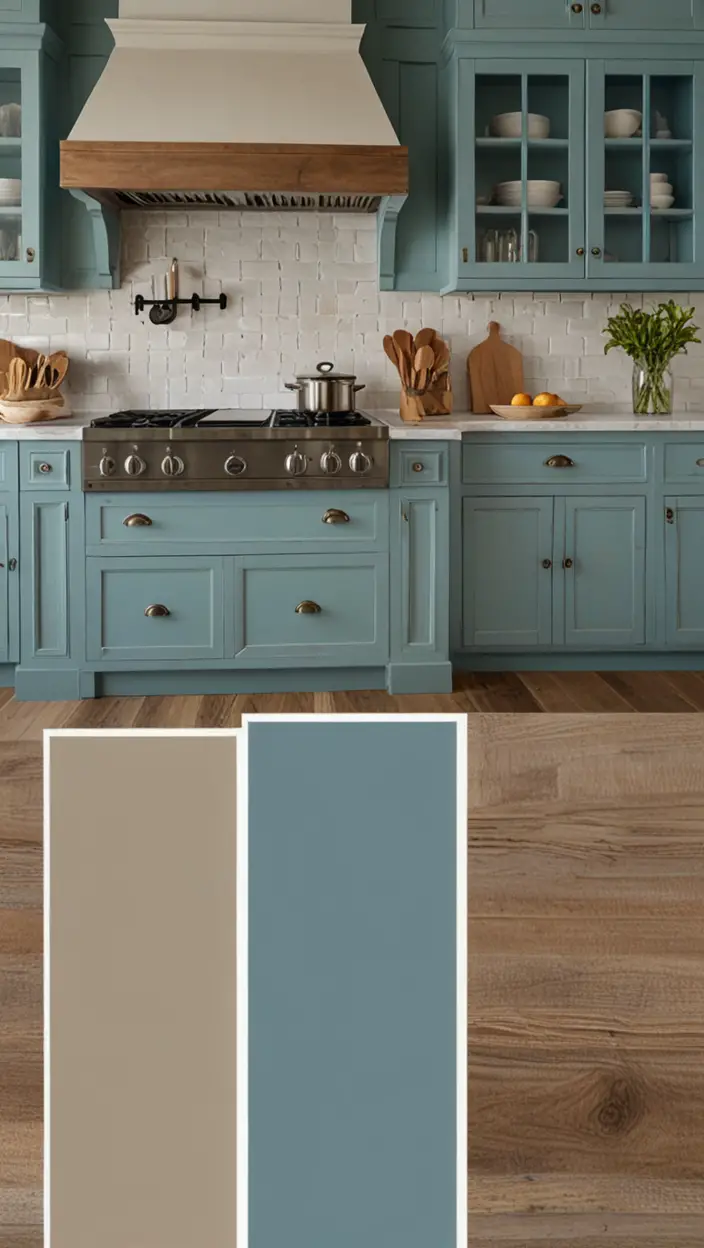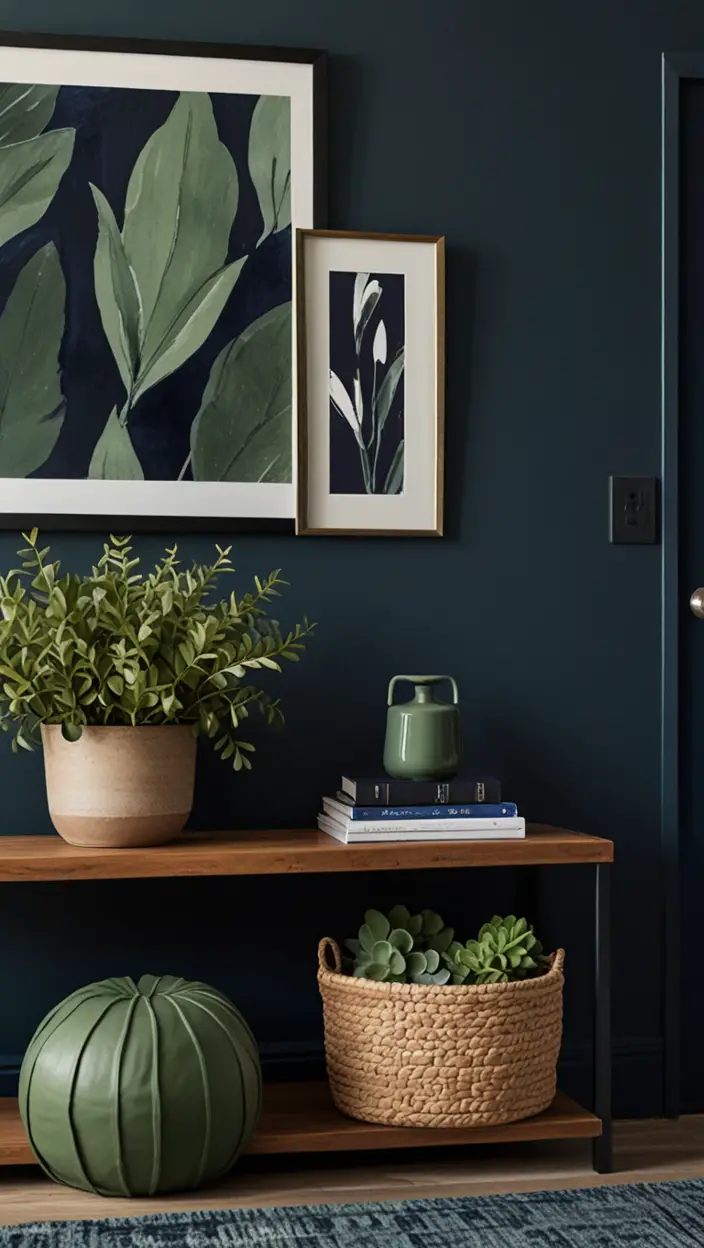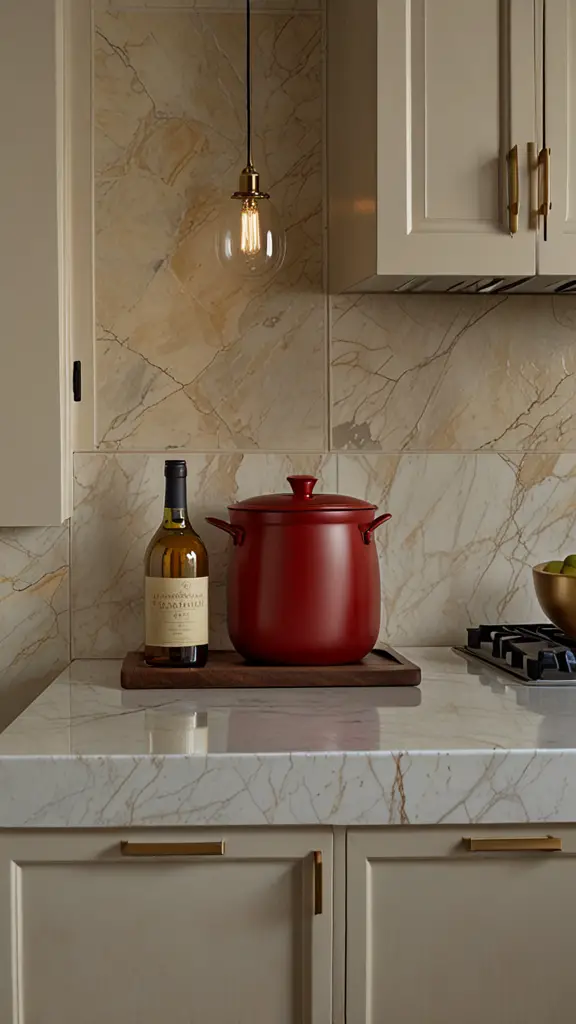Step into the vibrant world of kitchen color trends for the upcoming year. Discover the hottest hues and combinations to elevate your space.
Kitchen Color Trends: What’s Hot for the Year Ahead?
Incorporating the latest kitchen color trends into your home interior design can completely transform the look and feel of your space. As an interior designer, I recommend keeping a neutral base for the walls and cabinets and adding pops of color through accessories like table linens, dishware, or small appliances. For a cohesive look, consider color matching painting with items in the kitchen. This year, earthy tones like terracotta, olive green, and warm neutrals are particularly popular. When choosing colors, consider your space planning and how different hues will interact with each other in the room.
How to choose the perfect kitchen color for my home?
Choosing the perfect kitchen color for your home is a crucial decision that can significantly impact the overall look and feel of the space. Here are some important factors to consider when selecting the ideal color scheme for your kitchen:
My Lovely Spring Paint for 2025
Ready for a Spring Makeover? Explore the Freshest 2025 Paint Trends!
White Sage/Green SW Pistachio green Soft blue Honeysweet/Orange Pink Sugar Sage Tint BMAs an Amazon Associate, I may earn a commission from qualifying purchases at no extra cost to you.
1. **Consider the Style:** The style of your home should guide your color choice. For a modern look, opt for sleek, monochromatic colors like white, grey, or black. If you have a traditional home, warmer tones like beige, cream, or soft pastels may be more suitable.
2. **Evaluate the Size:** The size of your kitchen plays a vital role in color selection. Lighter colors like white and cream can make a small kitchen feel more spacious, while darker colors can add coziness to a large kitchen.
3. **Reflect Natural Light:** Natural light can affect how colors appear in a room. Consider the direction of your kitchen windows and choose colors that complement the natural light to create a welcoming ambiance.
My fAV Spring DECOR for 2025
Discover Spring’s Best 2025 Decor Combinations – Perfect for Any Room!
Oversized Indoor Plants White Curved Sofas Rugs BOH Brown Cream Moroccan Hype Boho Rug Outdoor Patio Furniture Sets Topfinel Pillow CoversAs an Amazon Associate, I may earn a commission from qualifying purchases at no extra cost to you.
4. **Personal Preference:** Ultimately, your personal style and preferences should guide your color choice. Select colors that resonate with you and create a space where you feel comfortable and inspired.
5. **Test Samples:** Before committing to a color scheme, test paint samples on your kitchen walls to see how they look in different lighting conditions throughout the day.
6. **Coordinate with Appliances:** If you have stainless steel or colored appliances, consider how they will interact with your chosen kitchen colors. Ensure they complement each other for a cohesive look.
7. **Future Resale Value:** If you plan to sell your home in the future, opt for neutral colors that have broad appeal and can easily be updated with accessories and decor.
What are the most popular color trends for kitchens in the upcoming year?
In the upcoming year, several kitchen color trends are expected to dominate the design scene. Here are some of the most popular color trends to consider for your kitchen:
1. **Warm Neutrals:** Shades of beige, taupe, and warm greys are set to be popular choices for kitchens. These colors create a cozy and inviting atmosphere while remaining versatile enough to complement various styles.
2. **Sage Green:** Soft sage green has emerged as a popular color for kitchens, adding a fresh and natural element to the space. This calming hue pairs well with both light and dark cabinetry.
3. **Navy Blue:** Navy blue is a timeless color that exudes sophistication and depth. It can be used as an accent color for kitchen islands, cabinets, or even as a statement wall for a bold look.
4. **Black Accents:** Black accents, whether in fixtures, hardware, or painted cabinetry, are expected to make a statement in kitchens. Black adds a touch of drama and elegance while creating a modern aesthetic.
5. **Two-Tone Cabinets:** Mixing two different colors for upper and lower cabinets is a trend that continues to gain popularity. This approach adds visual interest and allows for creative customization of your kitchen.
6. **Earthy Tones:** Earthy hues like terracotta, rust, and clay are predicted to be on-trend for kitchens. These warm tones create a grounded and inviting atmosphere that reflects a connection to nature.
7. **Matte Finishes:** Matte finishes in various colors are set to be a stylish choice for kitchen cabinetry. Matte paints offer a contemporary look and are less likely to show smudges and fingerprints, making them a practical option for busy kitchens.
Can I combine different colors in my kitchen for a trendy look?
Combining different colors in your kitchen can create a trendy and dynamic aesthetic. Here are some tips for successfully mixing colors in your kitchen design:
1. **Choose a Dominant Color:** Start by selecting a dominant color that will anchor the room, such as white, grey, or a warm neutral. This color will form the base of your color scheme.
2. **Add Contrast:** Introduce contrasting colors to create visual interest. For example, pair a light base color with bold accent colors like navy blue, emerald green, or mustard yellow to make a statement.
3. **Use the 60-30-10 Rule:** Follow the 60-30-10 rule, where 60% of the room is your dominant color, 30% is a secondary color, and 10% is an accent color. This ratio helps create a balanced and cohesive color scheme.
4. **Consider the Color Wheel:** Use the color wheel to guide your color choices. Complementary colors (opposite on the color wheel) create vibrant contrast, while analogous colors (next to each other) offer a harmonious blend.
5. **Experiment with Textures:** Incorporate different textures like wood, metal, or stone to add depth and dimension to your color palette. Textures can enhance the visual appeal of your kitchen design.
6. **Maintain Balance:** Ensure a balance of light and dark colors to prevent overwhelming the space. Light colors can make the room feel larger, while dark colors add richness and drama.
7. **Personalize with Accessories:** Use accessories like rugs, curtains, artwork, and decorative items to tie together your color scheme and add personality to your kitchen.
What is the best way to incorporate bold colors into my kitchen design?
Incorporating bold colors into your kitchen design can add vibrancy and personality to the space. Here are some strategies for effectively introducing bold colors:
1. **Accent Walls:** Painting a single wall in a bold hue can serve as a focal point and inject energy into the kitchen. Choose a wall that will make a statement, such as the one behind the stove or kitchen island.
2. **Colorful Cabinets:** Opt for bold-colored cabinets to bring a pop of color to your kitchen. Consider painting the lower cabinets in a bold shade while keeping the upper cabinets neutral for balance.
3. **Colorful Appliances:** Invest in colorful appliances like refrigerators, ranges, or small kitchen gadgets in vibrant hues. This not only adds color but also creates a fun and eclectic vibe.
4. **Bold Backsplash:** Install a bold-colored backsplash to introduce color and pattern to your kitchen. This is a great way to experiment with bold hues without overwhelming the entire space.
5. **Statement Lighting:** Choose eye-catching light fixtures in bold colors to illuminate and elevate your kitchen design. Pendant lights or chandeliers in bright shades can act as functional art pieces.
6. **Colorful Furniture:** Incorporate colorful furniture pieces like bar stools, chairs, or a kitchen table in bold colors to infuse personality and character into your kitchen.
7. **Accessorize with Color:** Add pops of bold color through accessories like kitchen towels, rugs, dishes, or small appliances. These accents can be easily switched out to refresh your kitchen’s color scheme.
How can I match my kitchen colors with the rest of my home decor?
Creating a cohesive color palette that flows seamlessly from your kitchen to the rest of your home is essential for a unified and harmonious design. Here are some tips for matching your kitchen colors with the overall decor:
1. **Consider an Open Concept:** If your kitchen is part of an open-concept layout, choose colors that complement the adjoining spaces. Select a color scheme that transitions smoothly from the kitchen to the living or dining area.
2. **Coordinate with Adjacent Rooms:** Take into account the colors used in adjacent rooms when selecting your kitchen color palette. Choose hues that harmonize with the existing decor for a connected look.
3. **Use a Consistent Theme:** Establish a consistent theme or style throughout your home and carry it into the kitchen. Whether it’s farmhouse, contemporary, or eclectic, ensure your kitchen colors align with the overall theme.
4. **Repeat Color Elements:** Integrate common color elements from other rooms into your kitchen design to create visual continuity. This can be achieved through shared accent colors, patterns, or materials.
5. **Create a Flow:** Use a gradual color transition between rooms to create a sense of flow and cohesion. Consider using a base color from one room as an accent color in another to tie the spaces together.
6. **Opt for Neutral Transitions:** Neutral colors like white, grey, or beige can act as transitional colors that work well in various rooms. These neutrals can serve as a unifying backdrop for different color schemes.
7. **Accessorize Thoughtfully:** Use decor elements like throw pillows, curtains, or artwork featuring colors from your kitchen to bridge the visual connection between spaces. These accents can bring harmony to your home decor.
Are there any alternative paint options for kitchens besides the traditional colors?
While traditional colors like white, grey, and beige are popular choices for kitchens, there are several alternative paint options that can add a unique touch to your kitchen design. Here are some unconventional paint colors to consider for your kitchen:
1. **Charcoal Grey:** Dark charcoal grey can create a dramatic and sophisticated look in the kitchen. This rich hue pairs well with metallic accents and natural materials for a modern industrial aesthetic.
2. **Blush Pink:** Soft blush pink can add a subtle and elegant touch to your kitchen. This delicate hue brings a sense of warmth and femininity to the space, especially when combined with brass or gold accents.
3. **Mint Green:** Refreshing mint green is a cheerful choice for kitchen walls or cabinets. This light and airy color can brighten up the room and evoke a sense of tranquility and freshness.
4. **Mustard Yellow:** Bold mustard yellow injects energy and vibrancy into the kitchen. This warm and inviting color pairs well with dark woods and copper accents for a cozy and eclectic feel.
5. **Teal Blue:** Deep teal blue adds depth and sophistication to the kitchen. This jewel-toned color creates a luxurious and moody ambiance, perfect for statement walls or cabinets.
6. **Lavender:** Soft lavender brings a calming and serene atmosphere to the kitchen. This pastel hue works well with white or grey accents and can create a peaceful retreat in your home.
7. **Terracotta Orange:** Warm terracotta orange infuses the kitchen with earthy tones and rustic charm. This warm color is perfect for creating a cozy and inviting space with Mediterranean-inspired flair.
Why is it important to consider the lighting when selecting kitchen colors?
Lighting plays a crucial role in how colors are perceived and can significantly impact the look and feel of your kitchen. Here’s why it’s essential to consider lighting when selecting kitchen colors:
1. **Natural Light:** Natural light sources in your kitchen can vary throughout the day, affecting how colors appear. Consider the direction and intensity of natural light to choose colors that will look their best under different lighting conditions.
2. **Artificial Lighting:** Artificial lighting, such as pendant lights, recessed lights, or under-cabinet lighting, can alter the color temperature in your kitchen. Warm lighting can enhance warm colors like reds and yellows, while cool lighting can complement blues and greens.
3. **Color Reflection:** The color of your kitchen walls, cabinets, and surfaces can reflect onto each other, influencing the overall color scheme. Be mindful of how colors interact with each other to achieve a cohesive and harmonious look.
4. **Room Size:** Lighting can also impact the perceived size of your kitchen. Lighter colors can make a small kitchen feel more spacious by reflecting light, while darker colors can add depth and coziness to a larger kitchen.
5. **Task Lighting:** Consider the tasks performed in different areas of your kitchen, such as food preparation, cooking, or dining. Ensure appropriate task lighting is used to illuminate work areas and showcase your chosen colors effectively.
6. **Mood Setting:** Lighting can set the mood and ambiance in your kitchen. Bright, cool lighting can create an energizing atmosphere for cooking, while dim, warm lighting can evoke a cozy and intimate feel for dining.
7. **Color Temperature:** Pay attention to the color temperature of your lighting fixtures, whether they emit warm, neutral, or cool light. Match the color temperature with your chosen kitchen colors to enhance their vibrancy and overall aesthetic.

